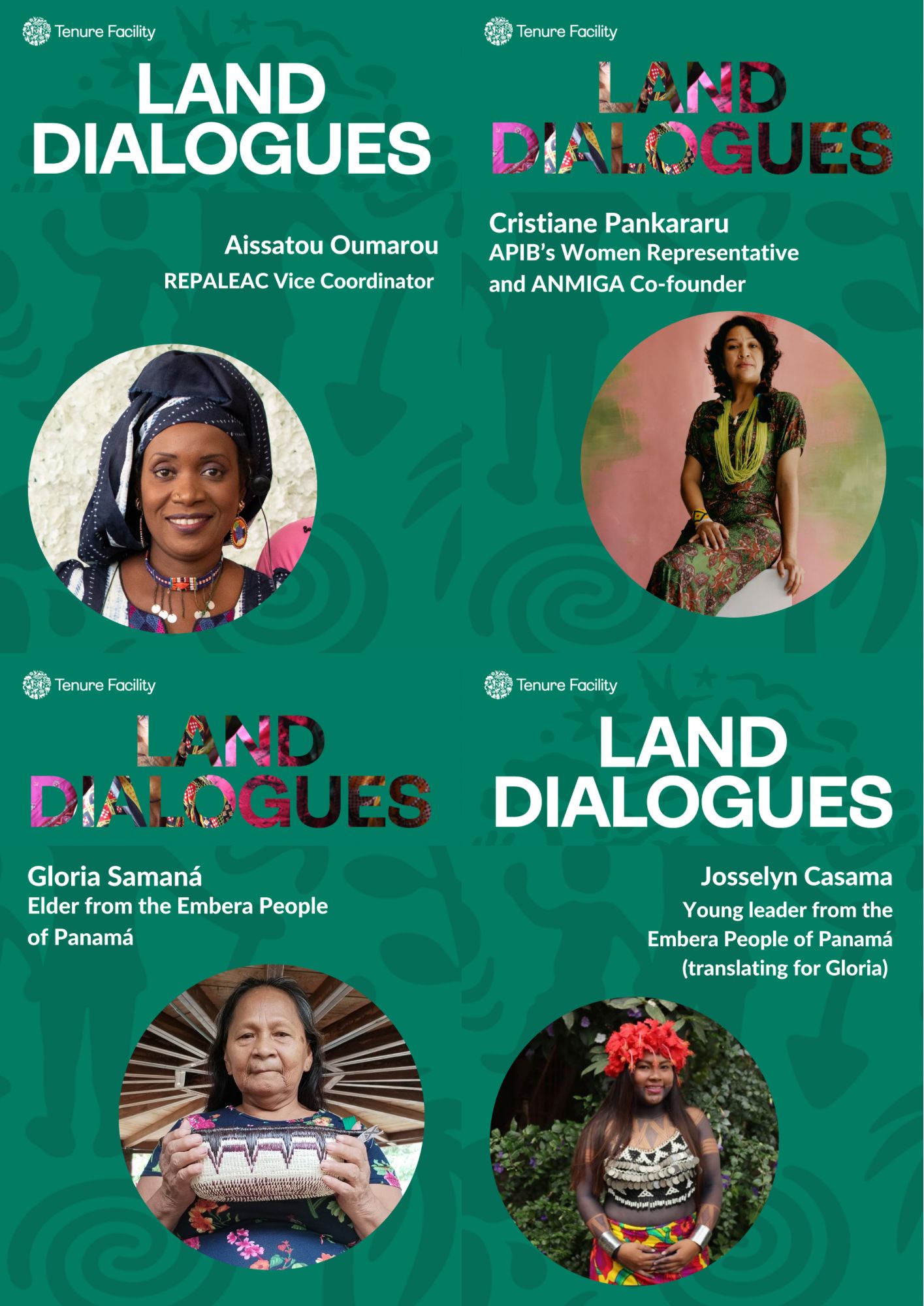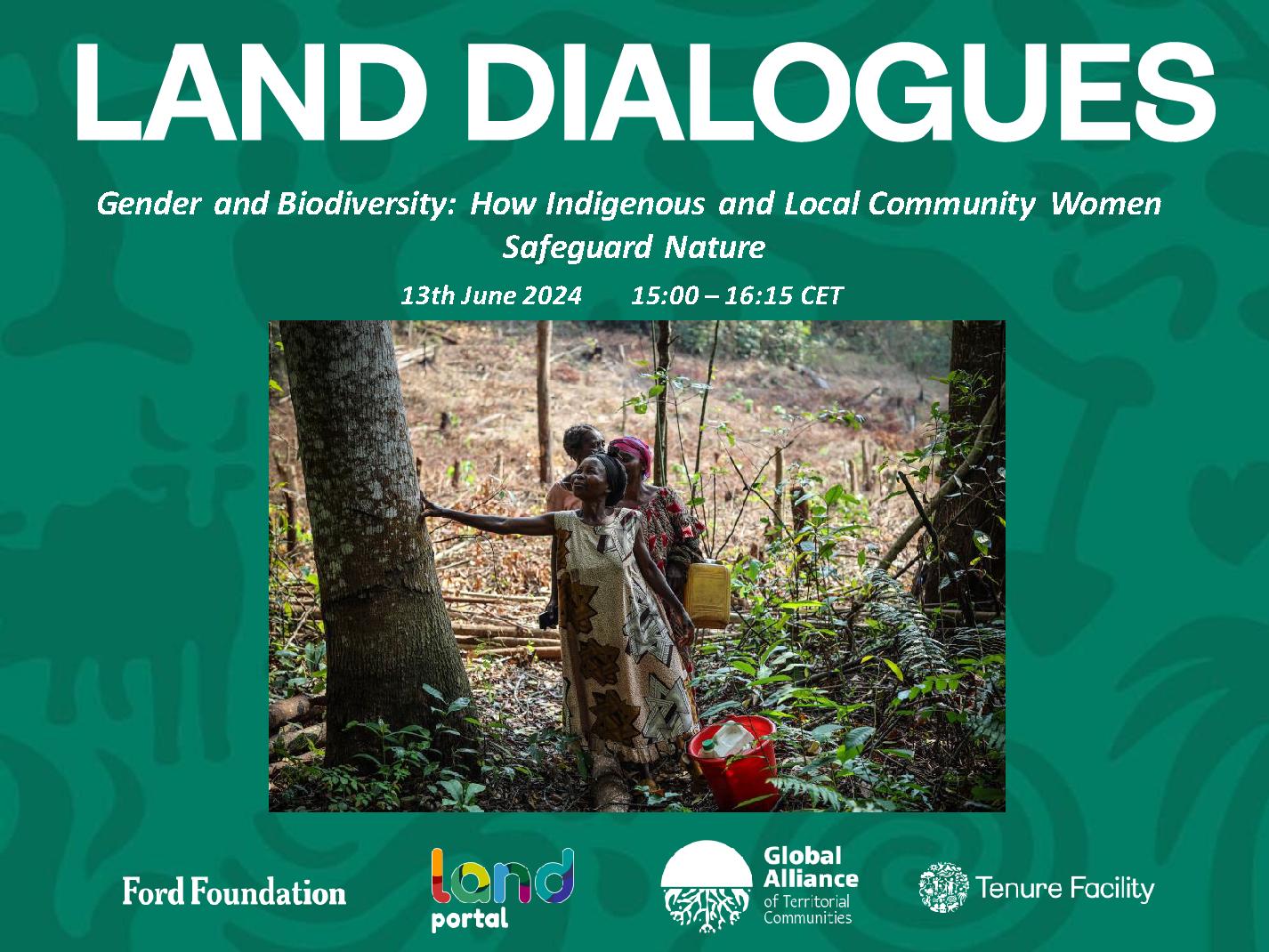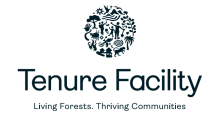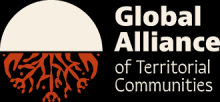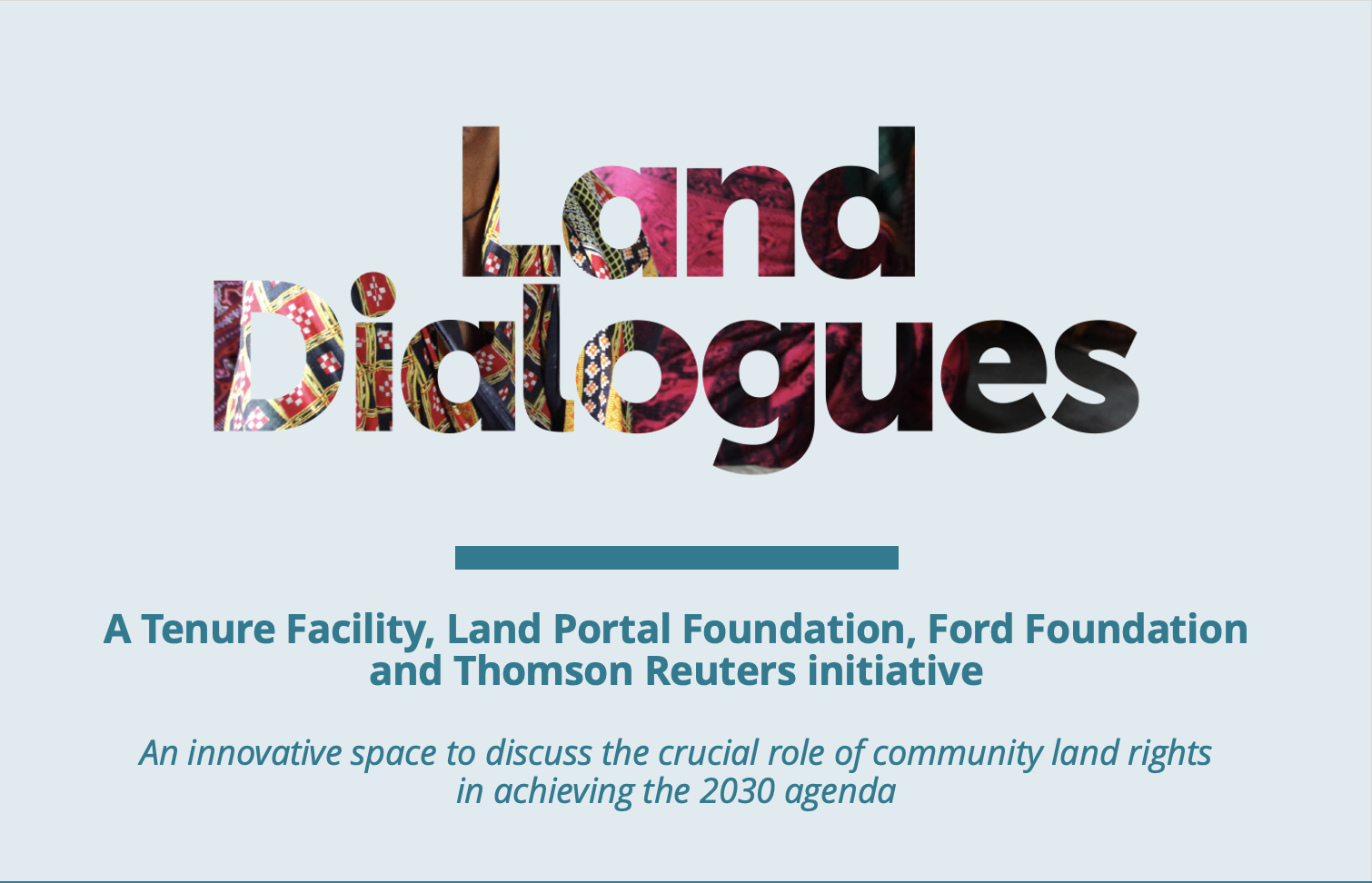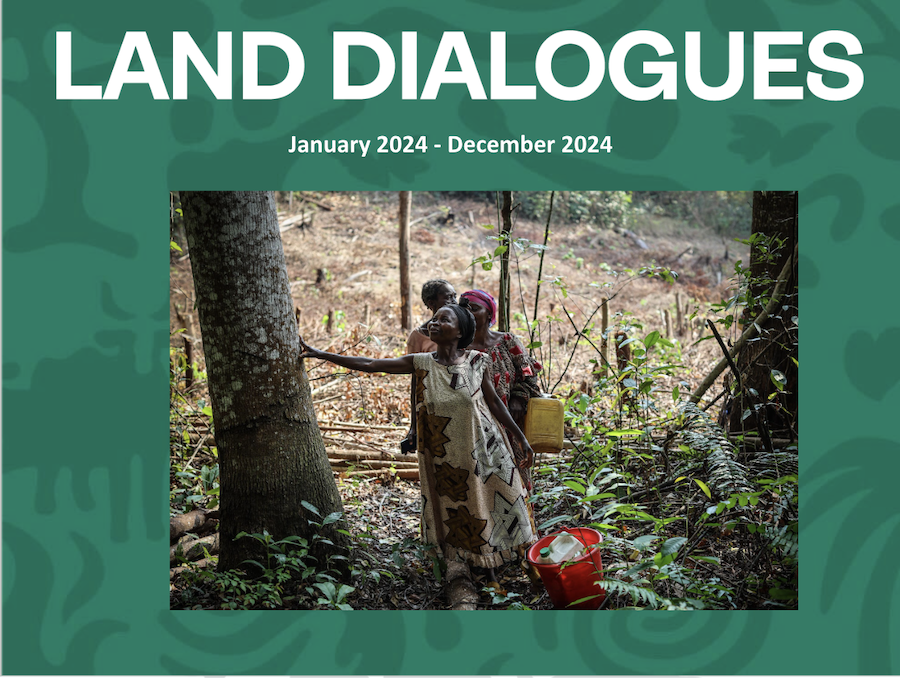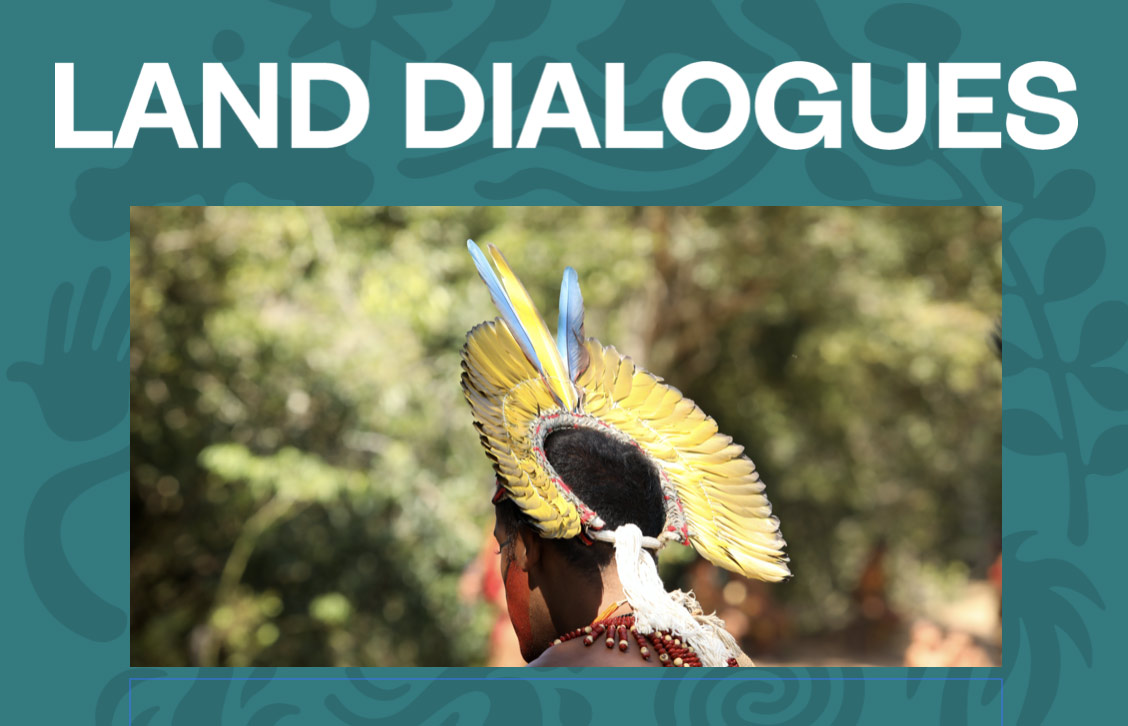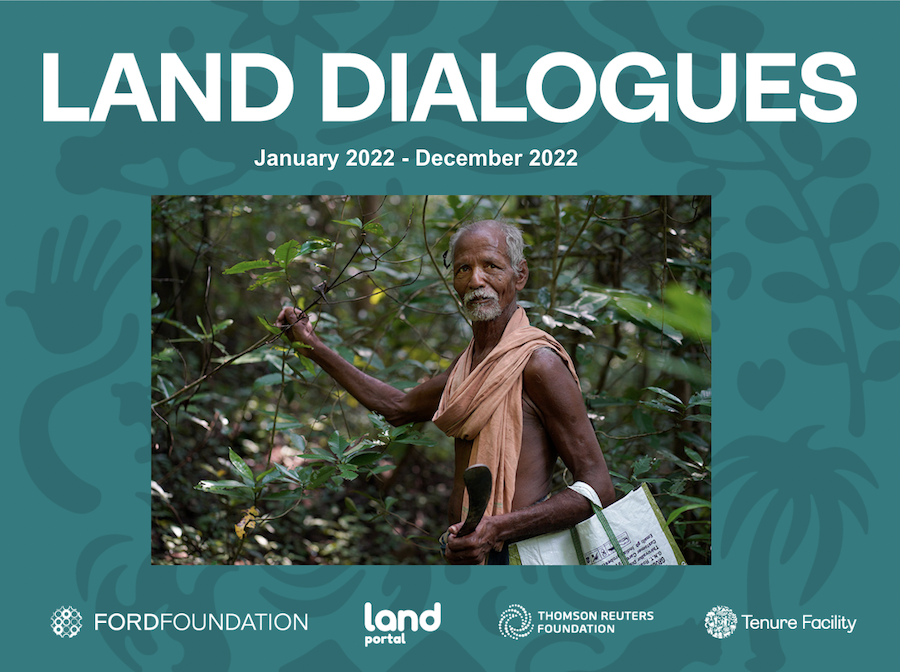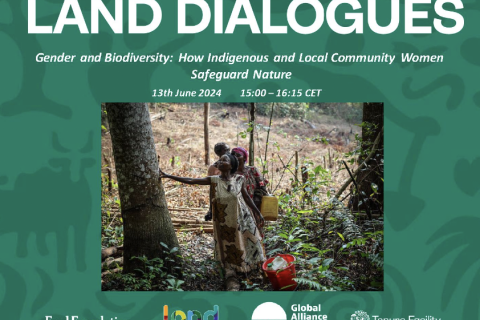June 13 2024
9:00 AM - 10:15 AM EST
REGISTER HERE
Indigenous women’s knowledge is rooted in ancestral understanding of the natural world and the accumulation of observations of local phenomena. The most significant aspect of Indigenous women holding and preserving these traditional knowledge is their holistic approach, which encompasses a wide range of domains beyond mere specialization. They possess an intricate understanding of various species, considering their nutritional value, medicinal properties, and ecological roles. This knowledge, passed down through generations, not only enriches their communities but has been crucial for western science. Indigenous women's insights have often informed Western understandings, leading to the development of medicines and a deeper understanding of climate phenomena such as droughts, floods, and biodiversity migration.
However, despite their invaluable contributions, Indigenous women's roles continue to be marginalized, often relegated to the status of beneficiaries rather than recognized as partners and agents of change. They face intersecting challenges due to their gender and Indigenous identity, enduring various forms of discrimination.
As we look forward to COP16 and discussions surrounding the Global Biodiversity Framework, it becomes increasingly pertinent to amplify the voices of Indigenous women who uphold ancestral wisdom and play a vital role in preserving the world's biodiversity. Integrating their perspectives into global dialogues on benefit-sharing and biodiversity conservation is crucial for achieving more effective and inclusive outcomes.
